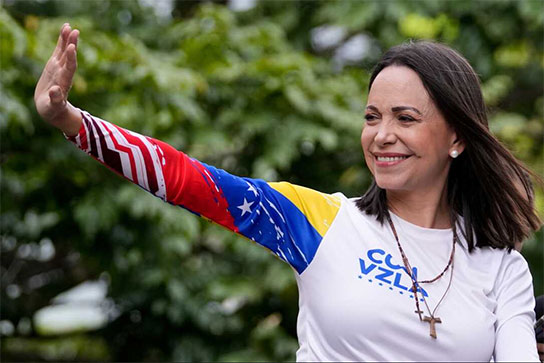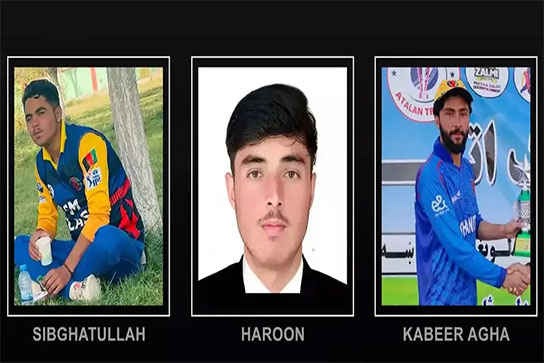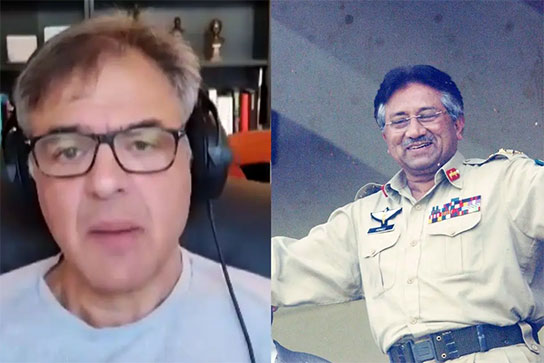In Russia's Rostov region, authorities are testing a controversial anti-corruption measure -- police officers who refuse bribes are rewarded with the amounts they were offered.
In Russia, police corruption is a harsh reality that most people have to deal with on a daily basis, but in southern Russia's Rostov region, people are even more worried than before, because of a new measure implemented by the regional Main Directorate of the Ministry of Internal Affairs. Advertised as a way to fight corruption among police, the new directive rewards police officers who refuse bribes and report people trying to offer them. It sounds a bit strange, as police are only doing their job by refusing bribes, but the head of the directorate has already confirmed the initiative, adding that some officers have already been rewarded with the amounts of money they had illicitly been offered while exercising their duties.
"Recently, we have introduced the practice of returning to police officers the money that was offered by bribe-givers during the period of committing illegal acts for a strong anti-corruption position," Alexander Rechitsky, the head of the Rostov Main Directorate of the Ministry of Internal Affairs, told RIA Novosti. "I emphasize, each amount offered to an employee in accordance with my order is in the amount that the bribe giver offered.
According to the new policy in Rostov, the police officer who refuses a bribe will receive a reward and a criminal case will be opened against the person who offered the bribe under Article 291 of the Criminal Code of the Russian Federation ("Giving a bribe"). This is intended to discourage people from offering bribes, but officials in Russia's State Duma (Russian Parliament) have pointed out that the new rules could help corrupt policemen.
"Just think about it. Police bosses are allegedly pushing their subordinates to extortion," Deputy Andrei Alshevskikh told Gazeta.ru. Any development in a situation involving a bribe will be beneficial for the dishonest officer. He can secretly take the bribe and be happy, and, in case something goes wrong, he can always hand over the bribe giver to the state, look like a hero, and be compensated with the exact same amount. There's a fear that the police will stop performing their direct duties and focus on finding potential ‘victims.'"
Mikhail Starshinov, First Deputy Chairman of the State Duma Committee on Security and Anti-Corruption, wondered why only police in Rostov are compensated for their so-called anti-corruption efforts, as well as what funds are used for this reward system. Are police allowed to keep the bribes?
Despite the controversy around this initiative, the Rostov Main Directorate of the Ministry of Internal Affairs has confirmed on its Telegram channel that officers who distinguished themselves through anti-corruption efforts have already received financial rewards. Tural Safarov, a traffic police inspector, recently received 30,000 rubles ($384) for allegedly refusing a bribe.
Russian Police Officers Who Refuse Bribes Are Compensated with the Amounts They Were Offered





